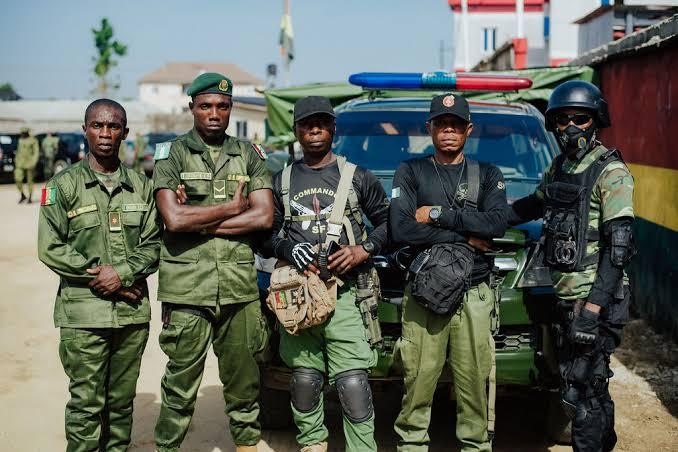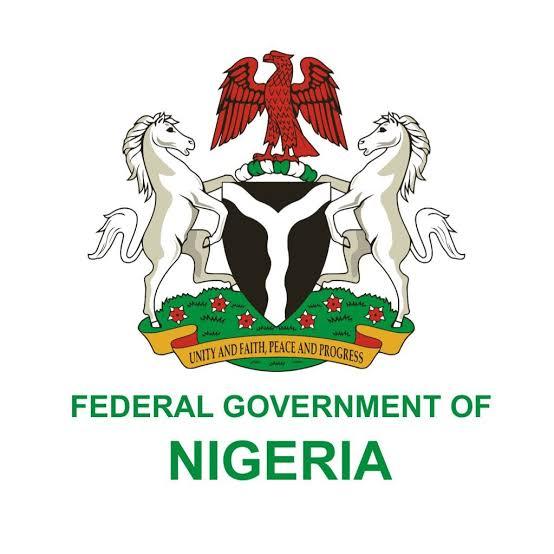The Nigerian Legion is a statutory body created to support and advocate for military veterans who have served Nigeria with honor and bravery. While many people associate the Legion with ceremonial events like Armed Forces Remembrance Day, its responsibilities go far beyond parades and poppies.
The organization, composed mainly of retired military personnel from the Army, Navy, and Air Force, is committed to national service through security support, welfare programs, community service, and youth mentorship. Backed by the Nigerian Legion Act, it continues to contribute meaningfully to society while ensuring the welfare of its members.
Official Duties and Responsibilities of the Nigerian Legion
1. Veteran Welfare and Advocacy
One of the core duties of the Nigerian Legion is to protect the rights and welfare of retired military personnel. They help ex-servicemen access pensions, medical aid, housing, and legal support, often working with the Ministry of Defence and Veteran Affairs.
2. Security Support Services
The Legion provides auxiliary security services through its Legionnaire Guards, who are deployed at public institutions, markets, and private establishments. This initiative helps reduce unemployment among veterans and supports national security at a grassroots level.
3. Participation in National Ceremonies
Legion members play prominent roles in events like Armed Forces Remembrance Day, Independence Day, and other military commemorations. These ceremonies honor fallen heroes and promote patriotism among Nigerians.
4. Youth Mentorship and National Unity Campaigns
Retired servicemen in the Legion are actively involved in educating and mentoring youths on topics like discipline, leadership, civic responsibility, and national unity. Their life experiences serve as valuable tools in shaping future generations.
5. Community Service and Development
Many Legion chapters engage in charitable and development projects, including environmental sanitation, public health campaigns, and community policing initiatives in partnership with local authorities.
6. Training and Skill Acquisition Programs
The Legion also organizes vocational training and entrepreneurship workshops for veterans and their families to promote self-reliance and reduce post-service poverty.
FAQs
Q1: Is the Nigerian Legion a military organization?
A1: No, it is a civilian organization composed of retired military personnel. It supports national causes but does not perform combat operations.
Q2: Who can join the Nigerian Legion?
A2: Only retired members of the Nigerian Armed Forces are eligible to become members.
Q3: What is the role of Legionnaire Guards?
A3: They provide non-combat security services to public and private organizations under official supervision.
Q4: How does the Legion support veterans?
A4: Through welfare programs, pension support, healthcare assistance, and skill development initiatives.
Conclusion
The Nigerian Legion stands as a symbol of honor, discipline, and service beyond active duty. Its members continue to contribute to national peace, security, and development through various programs that empower both veterans and civilians. From protecting communities to mentoring youths, the Nigerian Legion remains a vital bridge between Nigeria’s past military heroes and its present civic needs.











